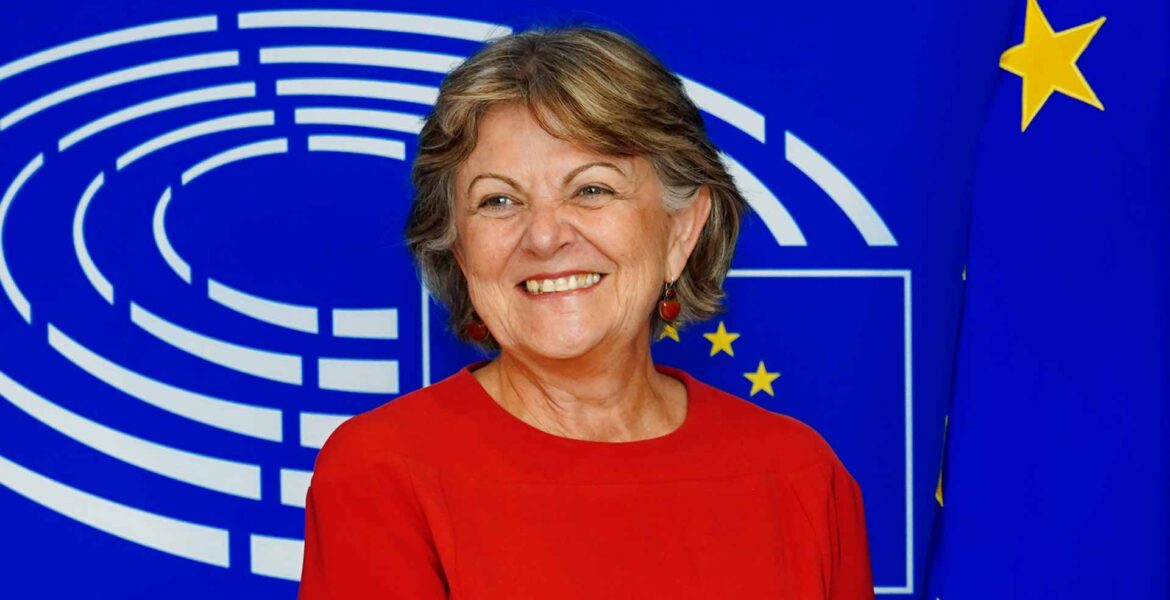Greece will receive a total of nearly 77 billion euros in the next seven years to help speed up its economy's recovery according to the European Commission.
Speaking to Greek news agency ANA on Sunday, the EU Commissioner for Cohesion and Reforms Elisa Ferreira said that the European Commission will do its best to accelerate the review of operational plans Greece submits for the new funding period 2021-2027.
Greece will receive a total of nearly 77 billion euros in the next seven years to help speed up its economy's recovery. Funding will come from: the Partnership Agreement (PA) for the Development Framework 2021-2027 (the new NSRF), approved by the Commission at end-July 2021, with an allocation of 26.2 billion euros, of which 5.3 billion are the national contribution; the EU Recovery and Resilience Fund's 18 billion euros in subsidies and 13 bln in loans; and the new Common Agricultural Policy funds and other EU packages.
In comments on the sidelines of the European Week of Regions and Cities in Brussels, Ferreira explained the process as follows: "After the approval of the overall plan there are in principle 3-months for the country to propose the operational plans and 5 months for the Commission to analyze them. The more robust the plans are, the shortest the time for the Commission also to analyse them."
In the process, she stressed, "the problem is not funds - the problem is the quality of the programs" that are being submitted. She asserted however that "there is no rush."
Greece was the frontrunner in the preparation of the overall plan and the Commission will do its best, she said, "to speed it up. In particular those programs that are really more needed in Greece and that the country is more interested in finishing."
Ferreira said the new Recovery and PA/NSRF funding in Europe after the pandemic recalled the Marshall Plan after World War II. As she explained to ANA, "What I am saying is that we had this deep crisis but, in this case, we have a Marshall Plan - we have a plan but in fact it’s historic, robust, strong, so let's do the best of it."
She cautioned however that the message she wanted to share is that "this is not money to be used as usual. This is money to be invested, not spent. It's invested in a more robust and more sustainable society and economy for the future, and Greece is working extremely hard in order to be a frontrunner in this."
Citing also possibilities of comparable projects, she said, "If you have in Western Macedonia a very successful program like that in Silesia, because it's big areas and very visible, you can really become an example for the rest of Europe to follow."

